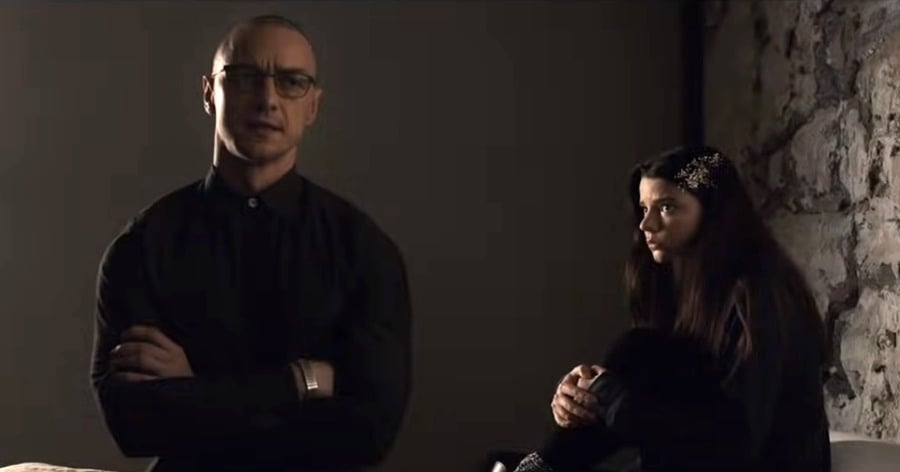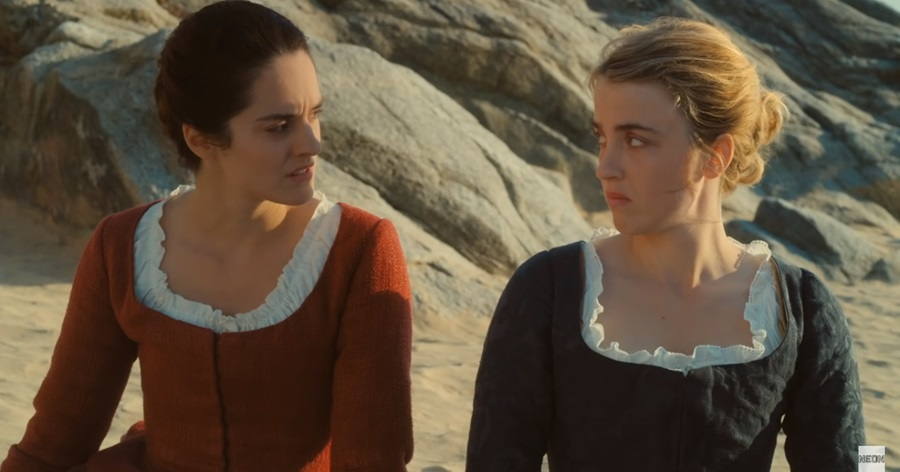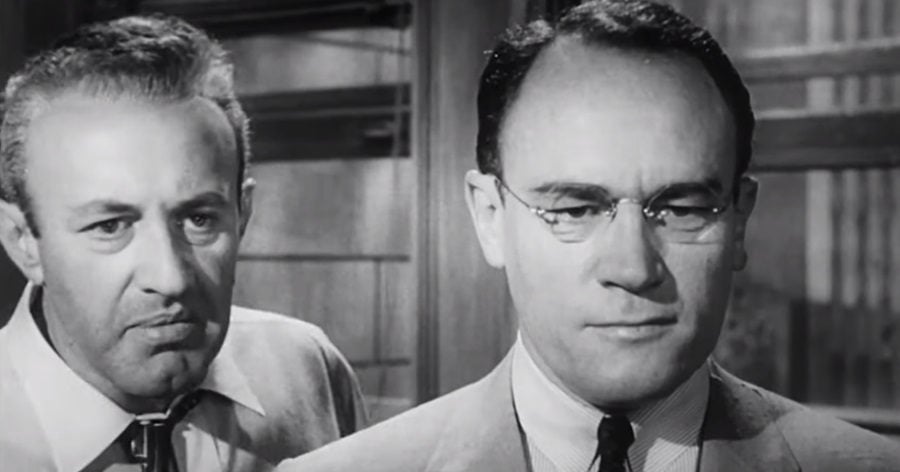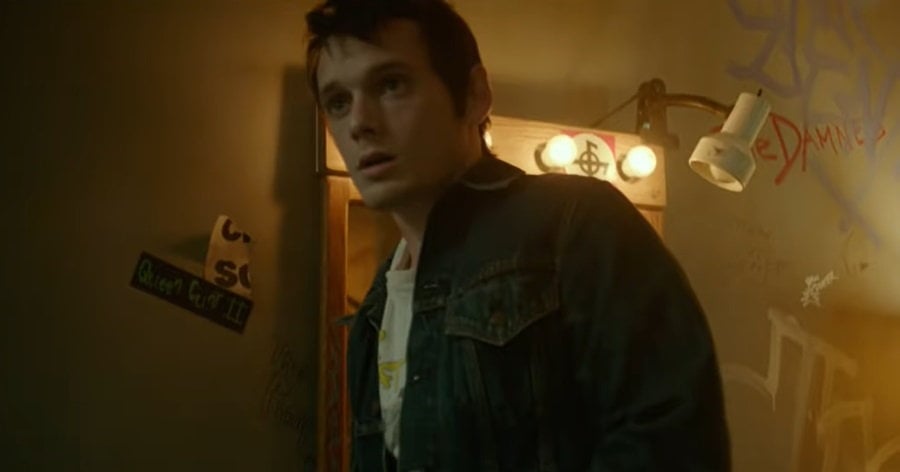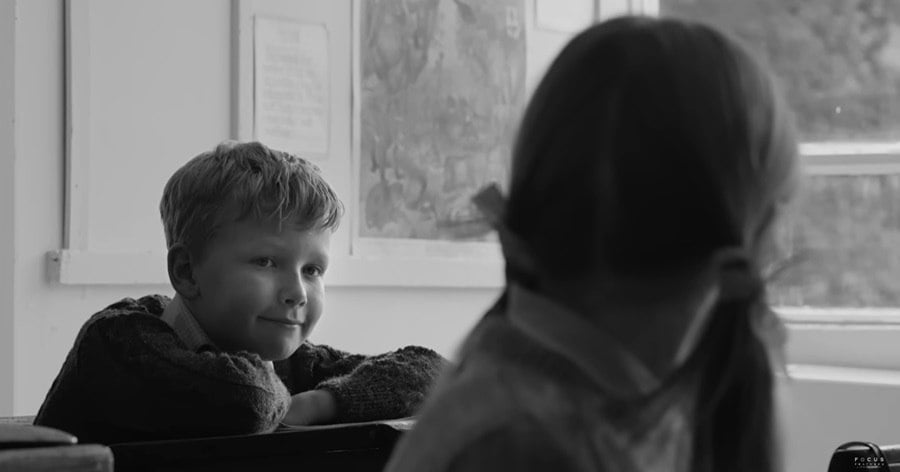War for the Planet of the Apes is the third and final instalment in the rebooted Planet of the Apes film series, directed by Matt Reeves. The film continues the story of Caesar (Andy Serkis), the intelligent and evolved ape leader, as he confronts the remaining human forces led by the Colonel (Woody Harrelson) in a battle for the survival of both species.
Plot Summary
The film is set in a dystopian future where a simian flu has wiped out a significant portion of the human population, leaving the surviving humans and apes in conflict over resources and control. Caesar, the protagonist, has led the apes through challenging times, facing betrayal and tragedy, and the movie culminates in a climactic showdown between the apes and the remaining human military forces.
The Ending Explained
The ending of War for the Planet of the Apes provides a poignant and emotionally charged conclusion to the trilogy. Caesar's journey, marked by internal struggles, personal sacrifices, and a commitment to a better future, comes to a bittersweet end. The film's exploration of the consequences of both human and ape actions, the evolution of the simian flu, and the possibility of coexistence leaves audiences with a thought-provoking conclusion to a powerful and well-crafted trilogy.
Caesar's Internal Struggle
Throughout the movie, Caesar is haunted by the memories of Koba, a former ally turned enemy from the previous film, Dawn of the Planet of the Apes. Caesar's internal struggle is evident as he grapples with the desire for revenge against the Colonel, who is responsible for the death of Caesar's wife and son.
The Journey to the Promised Land
The central plot revolves around Caesar's quest to lead his tribe of apes to a promised land where they can live in peace, away from the relentless pursuit of the human military. Along the way, they encounter a mute human girl whom they name Nova, forming a bond that challenges Caesar's preconceived notions about humans.
The Capture of Caesar
As Caesar and his group approach the Colonel's heavily fortified base, they suffer a devastating attack that results in the death of Caesar's eldest son, Blue Eyes. Caesar, driven by grief and rage, sets out on a personal mission to confront the Colonel. However, he is captured by a traitorous ape named Red, leading to a pivotal moment in the film.
The Revelation About the Simian Flu
During his captivity, Caesar learns that the simian flu has evolved. Rather than eradicating humanity, it is now causing humans to lose the ability to speak and devolve into a more primitive state. This revelation adds a layer of complexity to the conflict between apes and humans, as it suggests that humanity is facing its own extinction.
Caesar's Escape and the Pursuit of the Colonel
Caesar manages to escape captivity with the help of his son's friends, Maurice the orangutan, Luca the gorilla, and Rocket the chimpanzee. Determined to confront the Colonel and end the conflict, Caesar and his companions embark on a perilous journey through the harsh winter landscape.
The Discovery of the Concentration Camp
As they draw closer to the Colonel's base, Caesar and his group discover a concentration camp where apes are enslaved by the humans. The visual and emotional impact of this discovery further fuels Caesar's determination to end the conflict and free his fellow apes from oppression.
The Revelation about the Virus' Origin
In the midst of the conflict, Caesar encounters a former zoo chimpanzee named Bad Ape, who provides crucial information about the origin of the simian flu. The virus was created by humans in an attempt to cure Alzheimer's disease, but it had unintended consequences, leading to the downfall of human civilization.
Caesar's Confrontation with the Colonel
The climax of the film occurs when Caesar and his group infiltrate the Colonel's compound. During the confrontation, Caesar learns that the Colonel is willing to sacrifice his own kind to prevent the spread of the evolving virus among humans. The Colonel's ruthless actions mirror Koba's extremism in the previous film, serving as a stark reminder of the thin line between good and evil.
The Revelation of Caesar's Fatal Illness:
As the conflict reaches its peak, Caesar begins to exhibit symptoms of the same strain of the virus that has affected humans. It is revealed that the virus is now airborne, and Caesar's exposure to it is leading to his own demise. This revelation adds a tragic dimension to the character, as the ape leader faces not only external threats but an internal, unavoidable fate.
The Colonel's Demise and the Human-Ape Alliance
During the final confrontation, the Colonel meets his end at the hands of the evolving virus, succumbing to the loss of his ability to speak and his eventual death. Caesar, despite his deteriorating health, manages to achieve his goal of liberating the captive apes and forging an uneasy alliance with the remaining human soldiers who are willing to coexist peacefully.
Caesar's Farewell and Legacy
As the ending of the film, Caesar succumbs to the effects of the virus, passing away peacefully. Maurice, Rocket, and the other apes mourn their leader, and Caesar's body is taken to a place he considered the promised land. The film ends with the implication that Caesar's legacy will live on, not only through his son Cornelius but also through the ideals of peace and coexistence that he fought for.
The Symbolic Passing of the Torch
The film concludes with Caesar's trusted lieutenant, Maurice, taking on a leadership role among the apes. Maurice, who had been a close friend and advisor to Caesar throughout the trilogy, symbolically carries on the torch of leadership and the vision for a better future. This passing of the torch signifies hope for a new era where apes and humans can find a way to coexist.
Themes and Reflections
War for the Planet of the Apes explores themes of vengeance, redemption, sacrifice, and the thin line between humanity and inhumanity. The film grapples with the consequences of war and the complexities of morality in the face of survival instincts.

